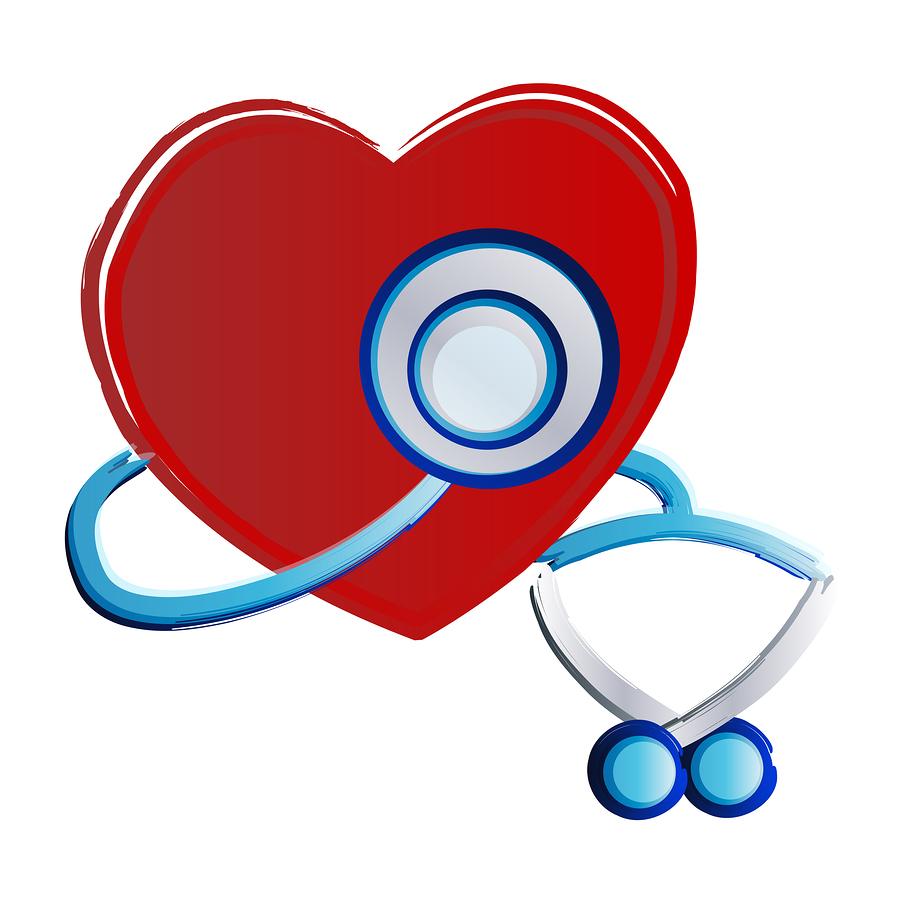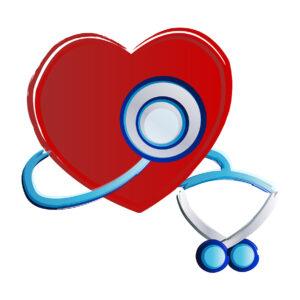Elder Care Awareness: MVP

Elder Care in Beverly Hills CA
“MVP” is not just about sports anymore. In your elder care journey with your aging loved ones, these three letters could be an important part of your parents’ health and wellbeing. While many  people immediately think about heart disease and heart attacks when it comes to taking care of their heart health, MVP is another condition that impacts the heart and that can have pervasive, though extremely rarely fatal, effects.
people immediately think about heart disease and heart attacks when it comes to taking care of their heart health, MVP is another condition that impacts the heart and that can have pervasive, though extremely rarely fatal, effects.
This condition, which stands for mitral valve prolapse, is not a heart disease, but rather a condition that affects approximately 5 percent of the population. Thought it is considered benign in that it does not generally lead to any severe health complications or death, it can have a serious impact on your parents’ quality of life if not understood and managed properly.
Mitral valve prolapse impacts the mitral valve of the heart. This is the valve responsible for maintaining the blood flow through the left side of the heart and for preventing the blood from flowing back into the heart when the muscle contracts. In a normal heart, the two membranes of this valve billow up, closing off the opening of the left side of the heart. In a heart with MVP, this membrane is “prolapsed”, or too loose. The floppy leaves do not close the valve as tightly as it should, sometimes allowing a very small amount of blood to leak through.
For many people, MVP also comes with a further condition known as low blood volume in which the body does not produce the proper amount of blood for the size of the body, making it more difficult for the heart to keep the body properly nourished, especially if the person does not get enough hydration or salt. The most interesting part of this disorder is that the symptoms and effects of the prolapse have the strongest effect not on the heart itself, but on the autonomic nervous system. People with MVP tend to have an unstable nervous system that has difficulty regulation normal body responses such as blood pressure, sweating, heart rate, and body temperature.
This instability within the nervous system leads to volatile responses to even mild environmental stimuli, particularly stress and startles or surprises. These can lead to the body flooding with stress hormones that can make them experience a pounding, racing heartbeat, crushing chest pain, shortness of breath, hyperventilation, cold sweat, a sense of doom and fear, and the desire to escape the situation. This intense, frightening experience can occur with seemingly no cause, making it even scarier. Many people with MVP end up in the emergency room thinking that they are dying or having a heart attack because they do not know why the sudden response occurred.
Another common feeling associated with the sudden nervous system response of MVP is sometimes referred to as “wired but tired”. This happens when the body overreacts, leaving it hyper-stimulated and “jumpy”, but the person feels completely drained and exhausted. Other symptoms include insomnia, dizziness, confusion, disorientation, cold sweat, cold feet and hands, balance problems, bowel urgency, oversensitivity to drugs, migraines, and heart palpitations.
While the symptoms of MVP can be frightening, they do not have to limit your parents’ lives. There are many ways that you can help your seniors control the symptoms and manage them when they do arise. Some of the ways that you and your parents’ elderly health care services provider can help your seniors cope with MVP include:
- Make sure they get plenty of water throughout the day. Dehydration is worse for those with MVP, especially those with low blood volume, and keeping up hydration can help to control the symptoms.
- Avoid alcohol and caffeine, both of which can disrupt heart function and nervous system response.
- Maintain a proper level of salt intake.
- Sleep with the head slightly elevated to make it easier for the heart to pump blood throughout the body.
- Ask the doctor about supplements your parents can take to encourage improve blood quality, heart function, and calm throughout the body.
- If the symptoms do occur, create a sense of calm and safety for your seniors so that they can relax and start to encourage their bodies to calm down. Sipping hot salt water can sometimes ease symptoms quickly.
If you or an aging loved one needs elder care services in Beverly Hills, CA, call Livewell Private Care at (310) 933-4986.┬Ā Servicing Los Angeles, CA and the surrounding areas.
